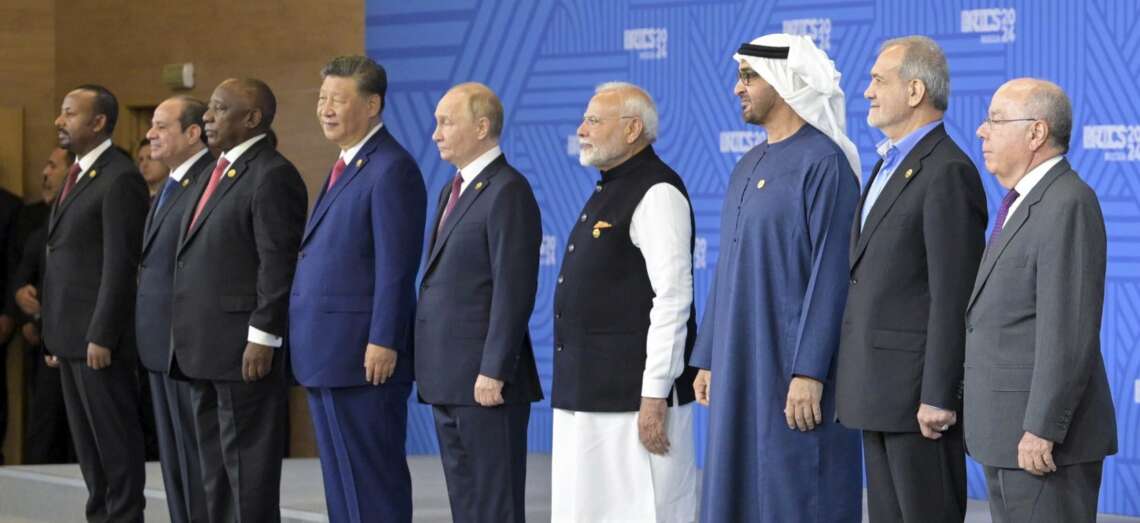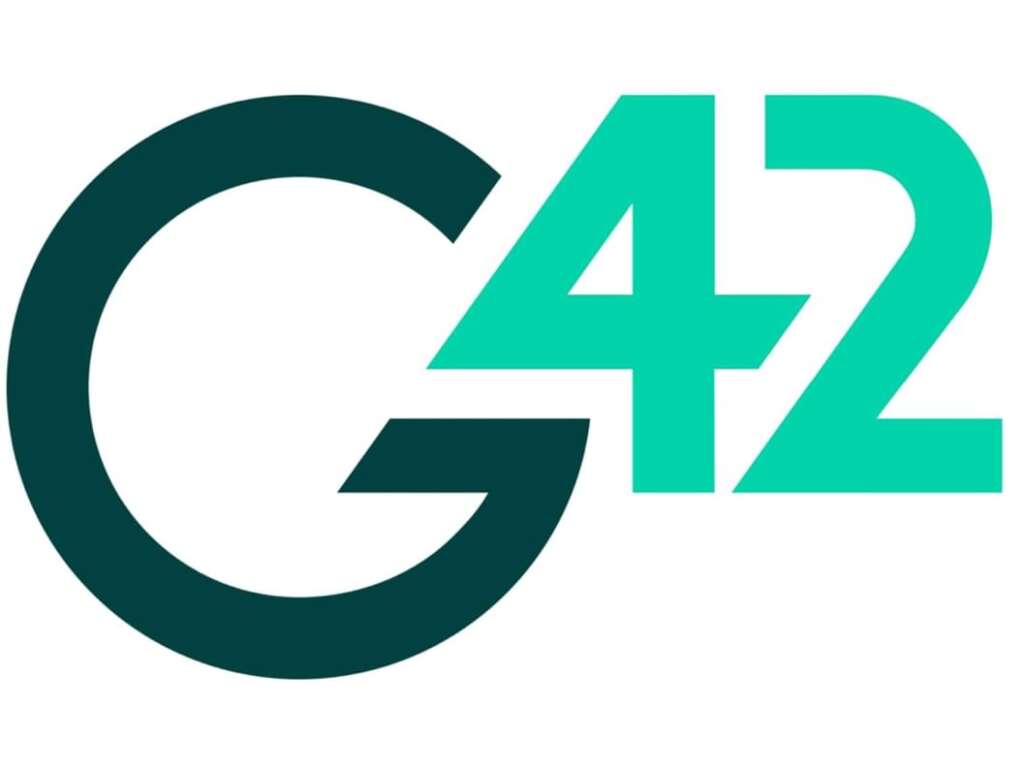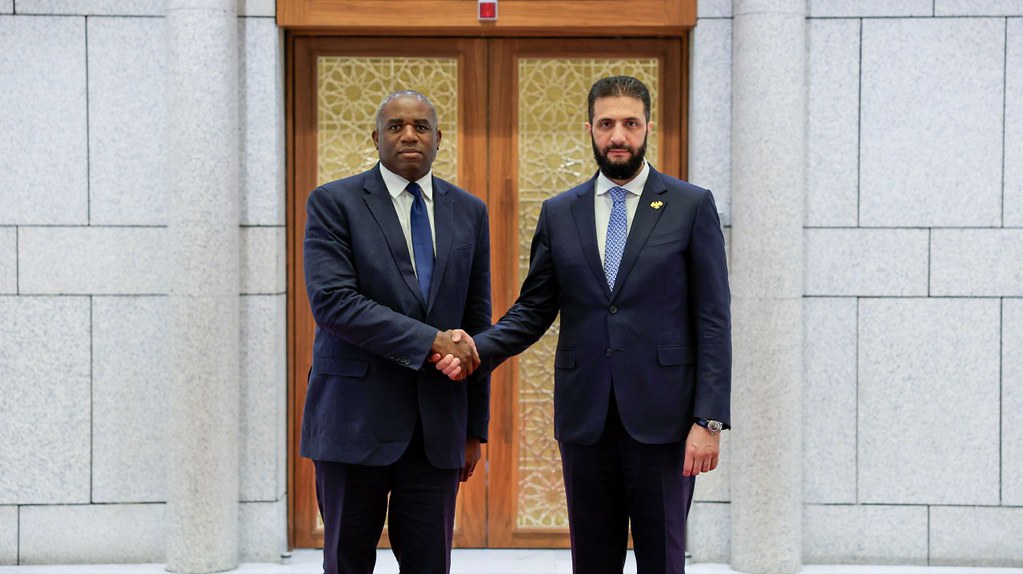BRICS nations need to build consensus, balance innovation and social justice by reinforcing the digital sovereignty of Global South, including evenly distribution of benefits through AI, writes Baidya Bikash Basu
BRICS, the developing world’s stand-in to the G-7 grouping. was expanded at the Kazan Summit, last year. Post expansion, Indonesia, Iran, Egypt, Ethiopia, Saudi Arabia and the UAE have joined the founding members Brazil, Russia, India, China and South Africa.
In a world divided in silos, BRICS nations are advancing pragmatic pluralism. Under its presidency, Brazil has resisted strong pressures to position BRICS as an anti-West alliance.
Six key agenda points at the 2025 Summit in Rio de Janeiro (July 6-7) indicate apprehensions and fear of our times. They include a more efficient BRICS payment system to boost trade and investment; Inclusive and ethical governance of Artificial Intelligence (AI); Climate agenda to recalibrate the politics of climate finance; Deeper cooperation in public health; Global reform of the multilateral peace system and Actions to improve institutional structure and cohesion.
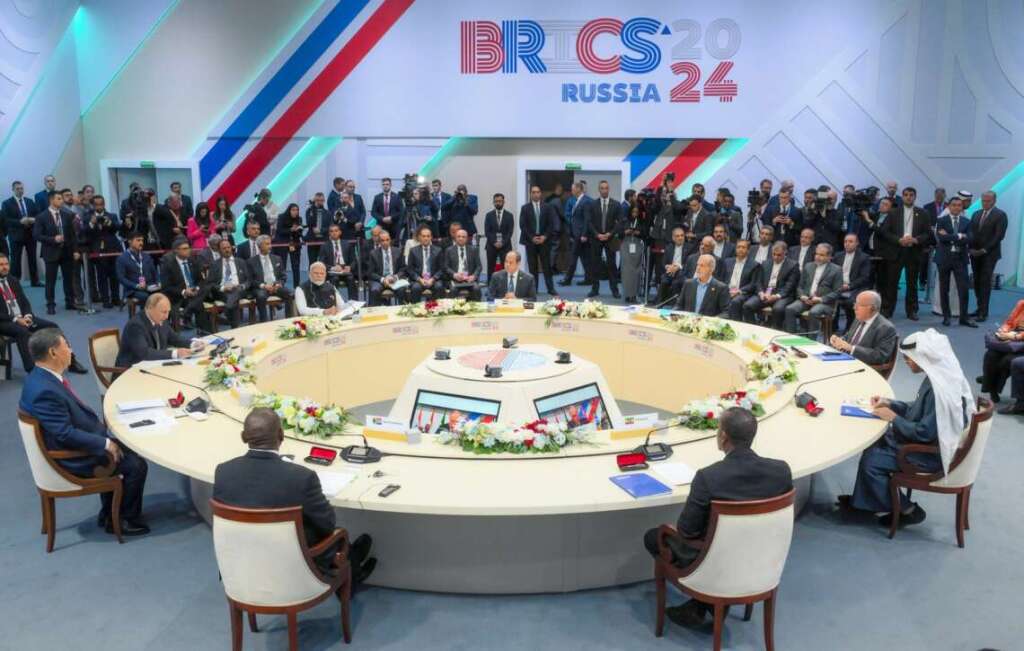
In the international market, the dominance of the US dollar has resulted in the establishment of an alternative international currency indicating progress toward de-dollarization. An International Monetary Fund (IMF) report in June 2024 observed gradual decline in dollar’s share of foreign reserves held by Central Banks with many countries diversifying their holdings into non-traditional currencies augmenting their gold reserves.
The BRICS nations have adopted the open innovation dynamics and collective intelligence in relation to the economics and corporate strategies such as digital currency, mobile payments, car sharing and delivery platforms. Moreover, the innovative logistics solutions have become the pivot in managing freight rate volatility, an important factor impacting competitiveness of BRICS economies in global trade.
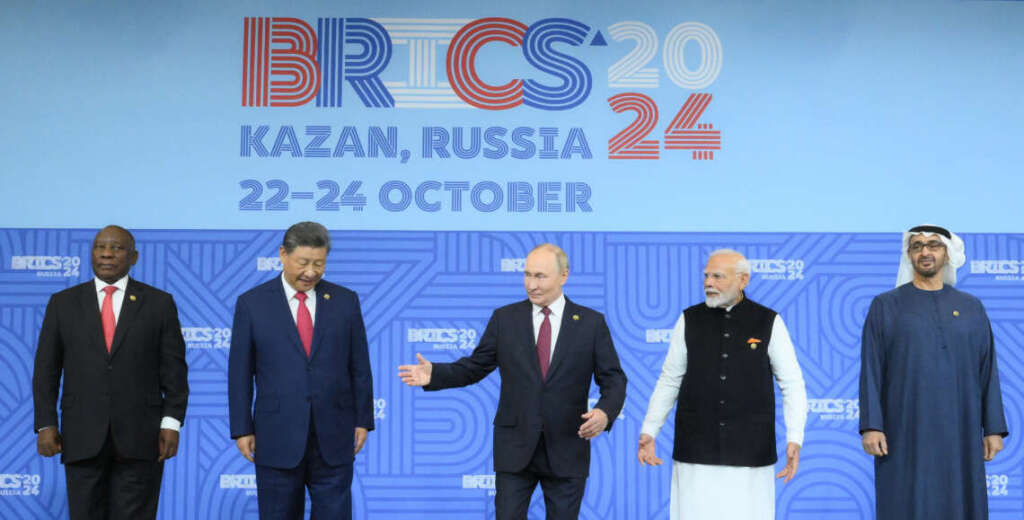
The US unilaterally imposing sanctions or freezing assets is deeply entrenched in its monetary hegemony of the dollar, which rests on the economic, military and global power of the US. Now, the creation of a BRICS-centric mechanism, whether through a digital currency or Society for Worldwide Interbank Financial Telecommunication (SWIFT) alternative, will surely dilute the supremacy of the dollar, attracting the attention of big financial institutions, including the IMF and the US Federal Reserve. Additionally, Russia has faced economic and financial sanctions due to its invasion of Ukraine, which has led to geopolitical tensions and economic isolation. BRICS nations are considering establishing BRICS basket reserve currency or trading in their own currency with the BRICS system.
Artificial Intelligence (AI) governance is a vector which will drive development and reduce inequalities through high-tech innovation. The Stanford AI Index Report of 2024 mentioned that more than 77 per cent companies use AI and its significance is expanding with virtual assistants, algorithm-assisted medical diagnoses and automation systems in agro-business. It is noteworthy that India is ranked fourth globally in the Stanford HAI’s Global AI Vibrancy Tool, only behind the US, China and the United Kingdom.
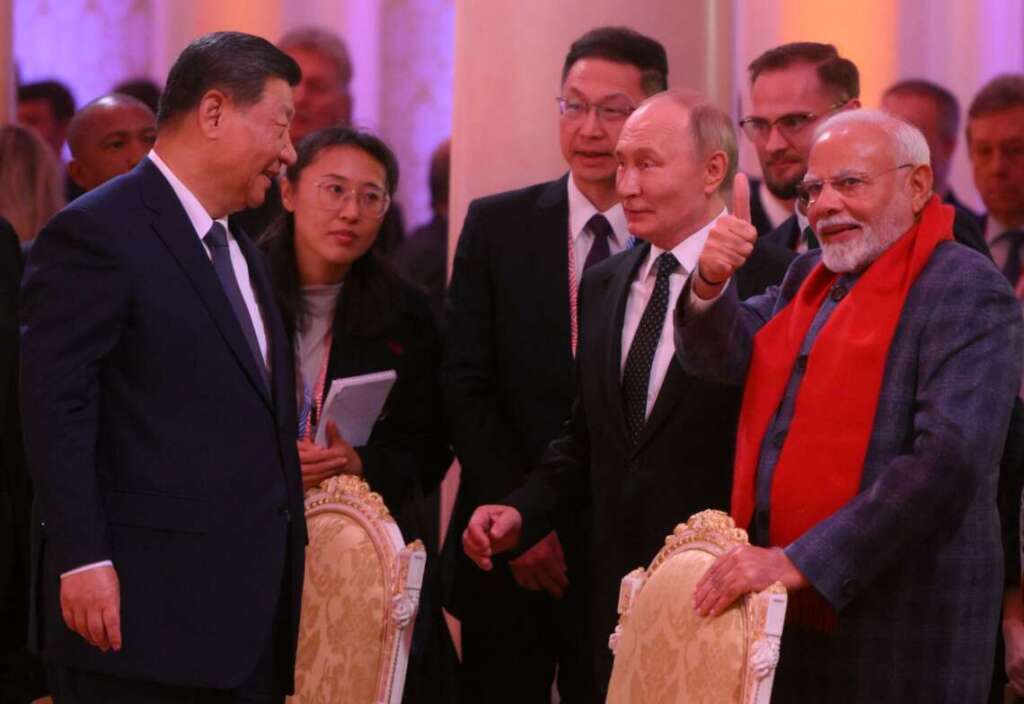
The New Development Bank (NDB) plays a crucial role in financing projects promoting sustainable development and social inclusion through AI. BRICS nations would like to strengthen their collaboration by applying responsible AI principles based on human rights, data protection and information integrity. In this regard, UNESCO’s Recommendation on the Ethics of Artificial Intelligence of November 2021 provides direction to governments to ensure AI development along with ethical principles, not transgressing the fundamental freedoms.
BRICS nations need to build consensus, balance innovation and social justice by reinforcing the digital sovereignty of Global South, including evenly distribution of benefits through AI.
Climate finance is an apple of discord between the BRICS nations and the West. In accordance with the principles of “common but differentiated responsibility and respective capabilities” set out in the Convention, the Kyoto Protocol and the Paris Agreement call for financial assistance from Parties with more financial resources to those that are less endowed and more vulnerable to implement the objectives of the United Nations Framework Convention on Climate Change (UNFCCC).
The West has failed to do so as their populations are used to a high standard of living and asking people to pay for the costs of others is unpopular and strongly resisted. Sadly, the West lacks the right political structures as well as political will. However, they have the expertise and capacity building. BRICS nations together represent nearly half of the global population and about a third of global Gross Domestic Product. The member states are now investing in green infrastructure.
Notably, as India’s Finance Minister Nirmala Sitharaman stated at the 10th Annual Meeting of Board of Governors of New Development Bank, the financing of sustainable development in the Global South is not just about raising funds. It’s about building fairness, trust and leadership to strengthen Global South cooperation for more inclusive and sustainable governance.
“For India, accelerating development is essential to ensure access to housing, healthcare, education and livelihoods for millions. At the same time, climate-related risks such as heatwaves, water stress, and extreme weather events are also increasing,” Sitharaman stated.
In Rio de Janeiro, at a time of rising protectionism and trust deficit, India’s digital leadership, inclusive of digital governance like Digital India, Digital Public Infrastructure (DPI) and India AI Mission, will act as an enabler in digital economy transformation of BRICS member states, fulfilling the developmental demands and necessities of the Global South.
(The writer is an expert on South Asia and Eurasia. He was formerly with Manohar Parrikar Institute for Defence Studies and Analyses. Views expressed are personal)

